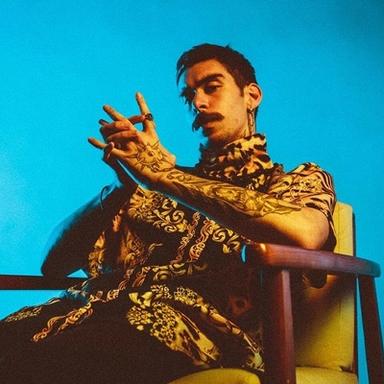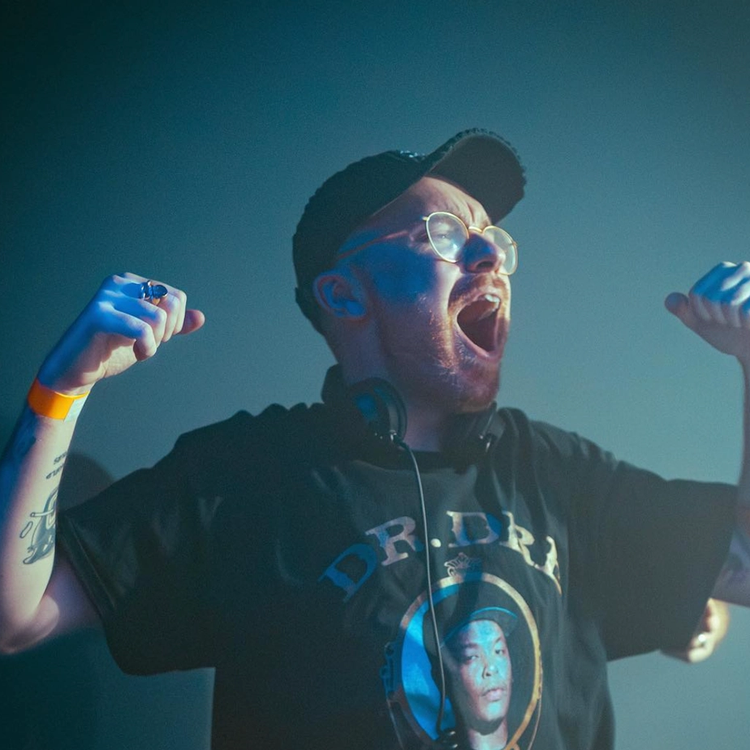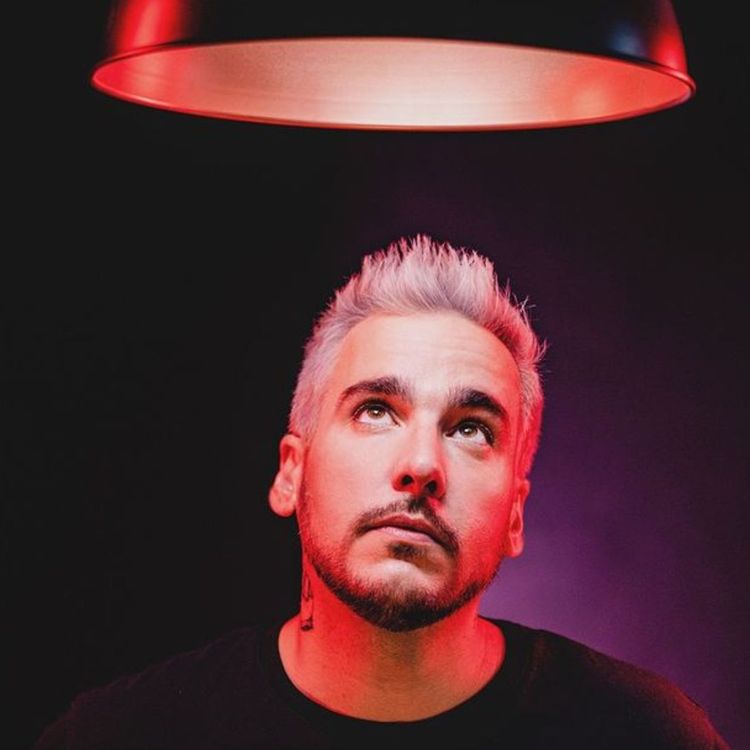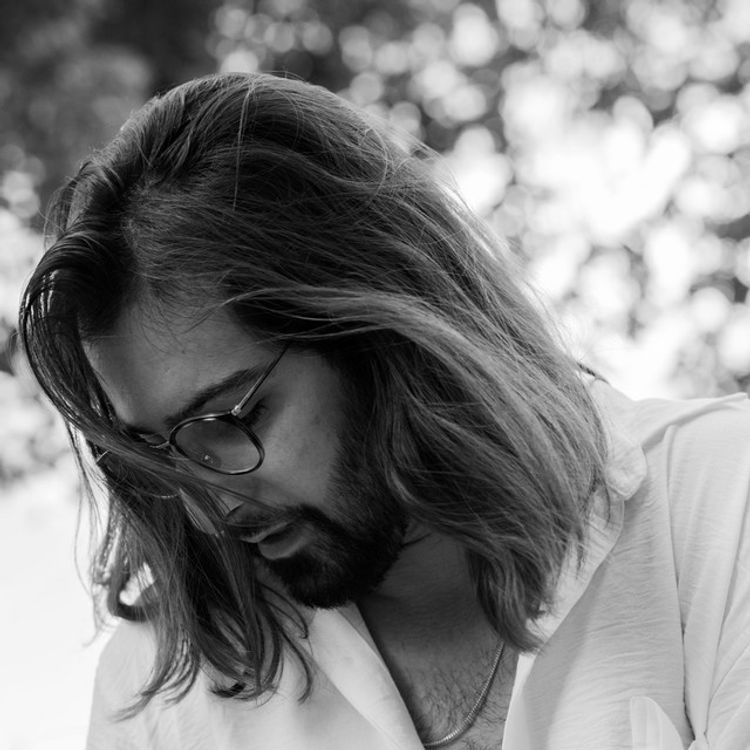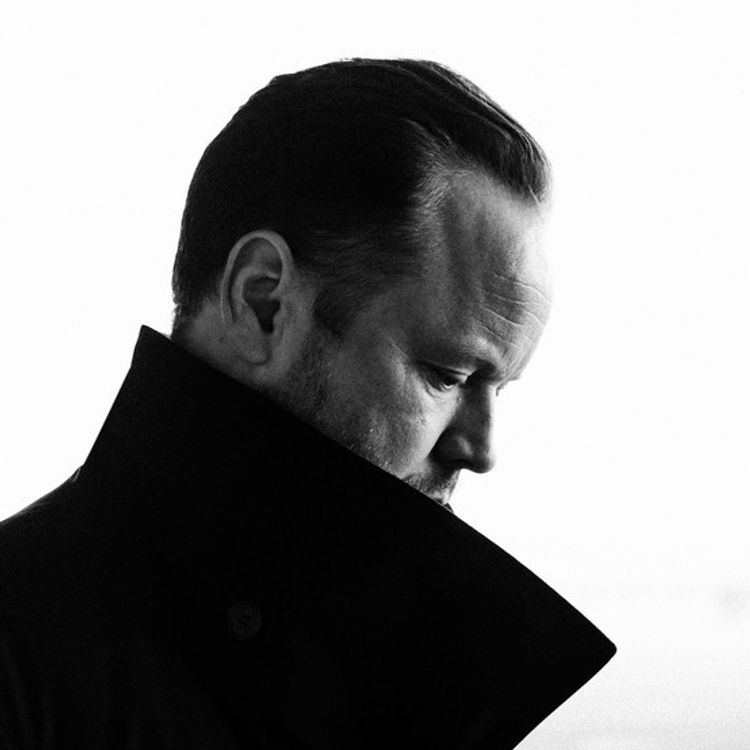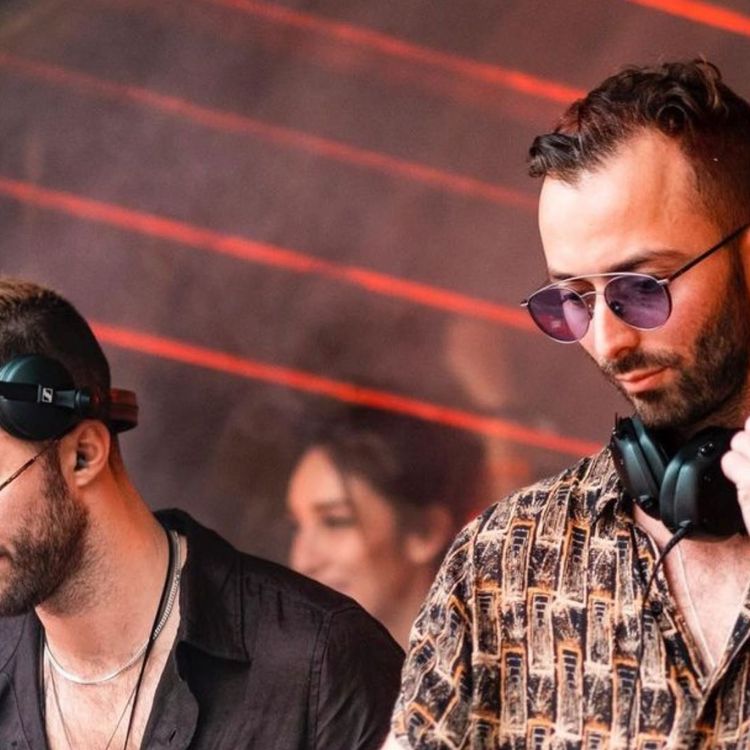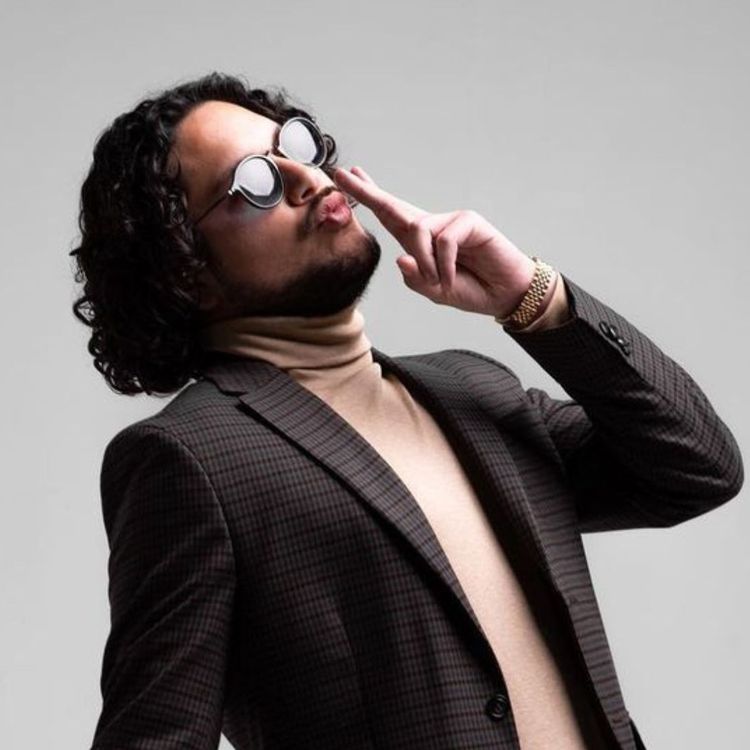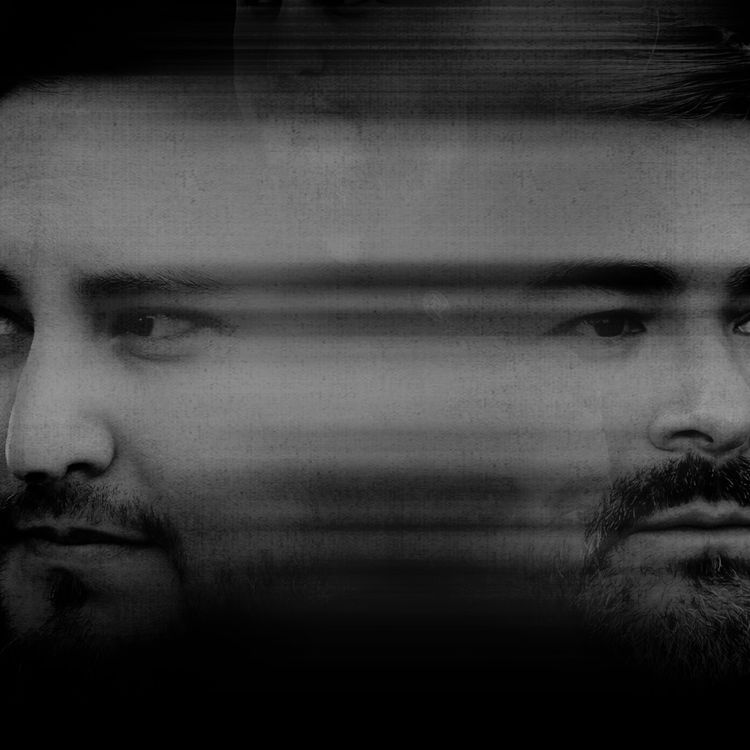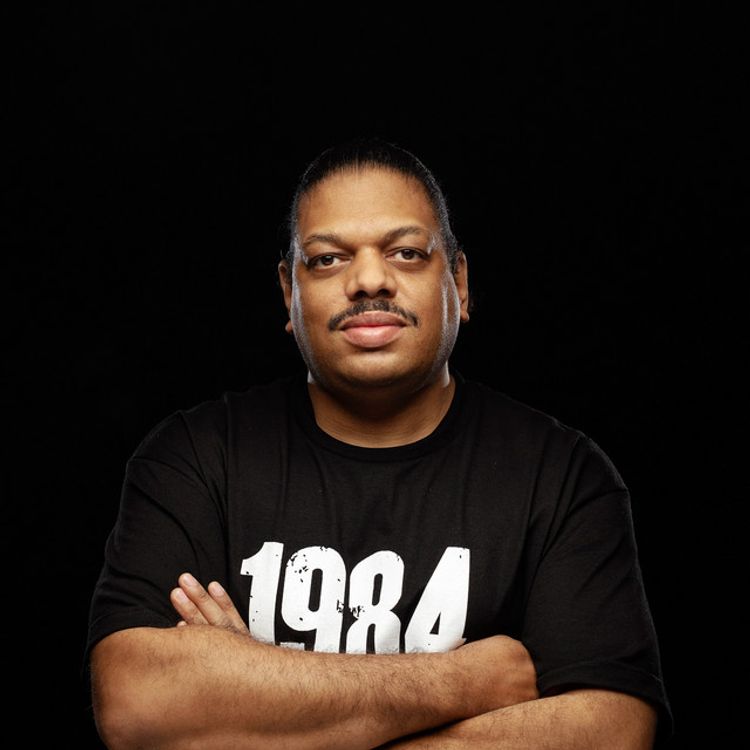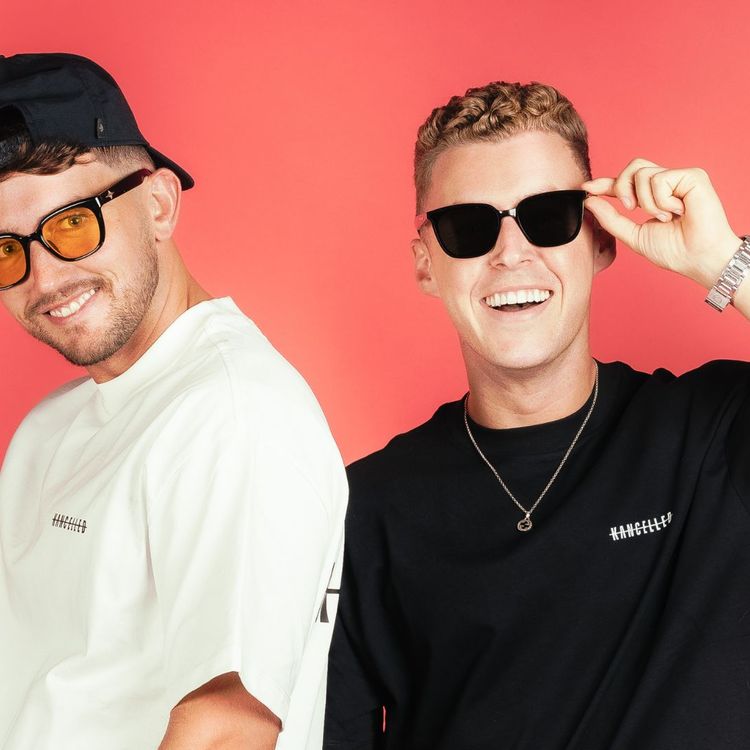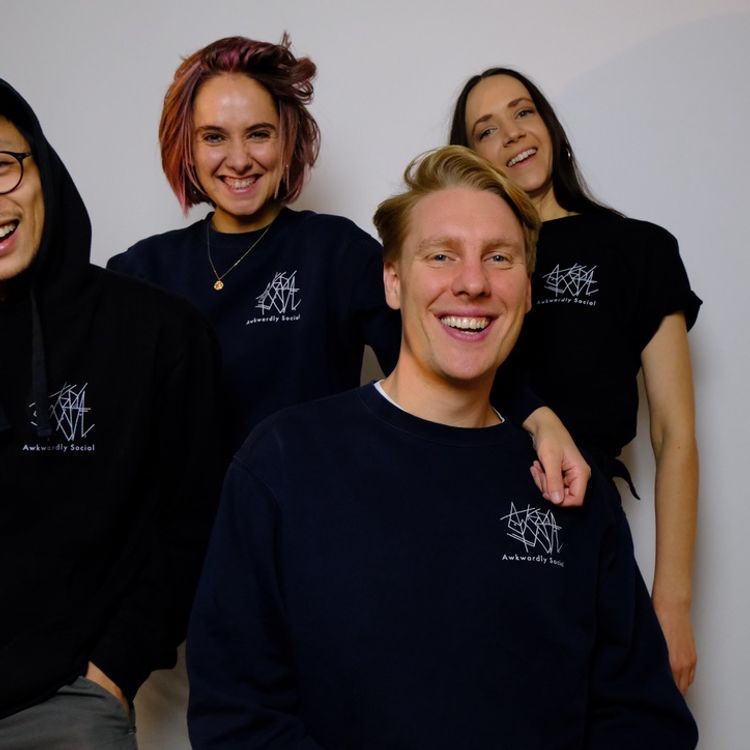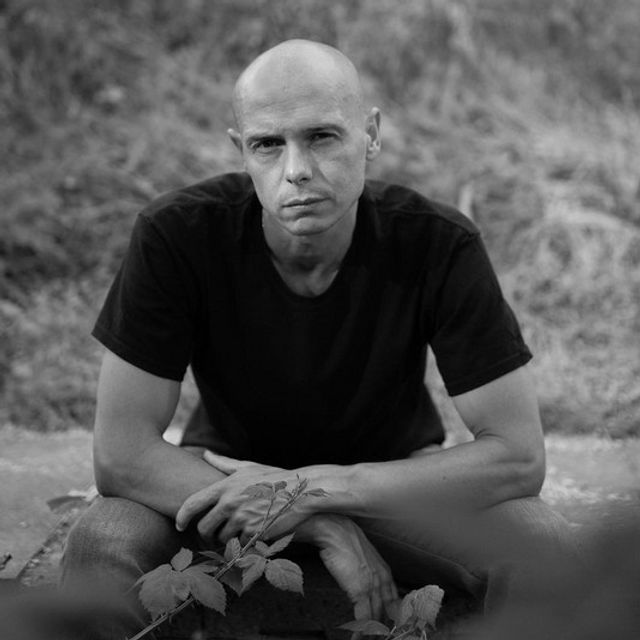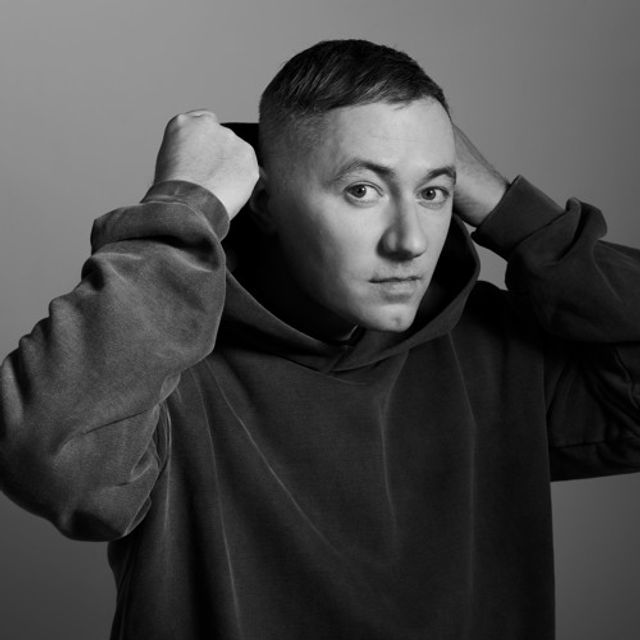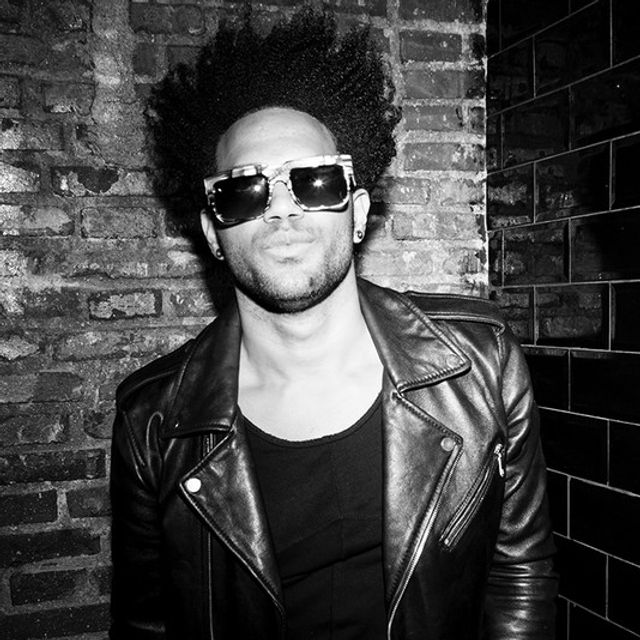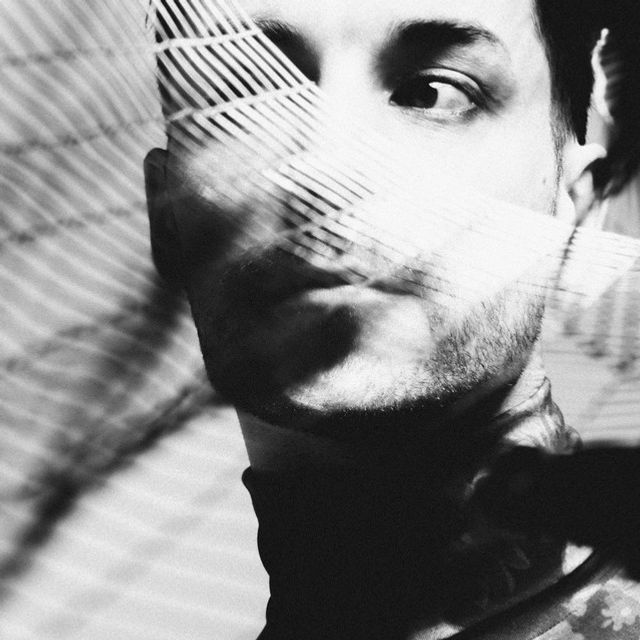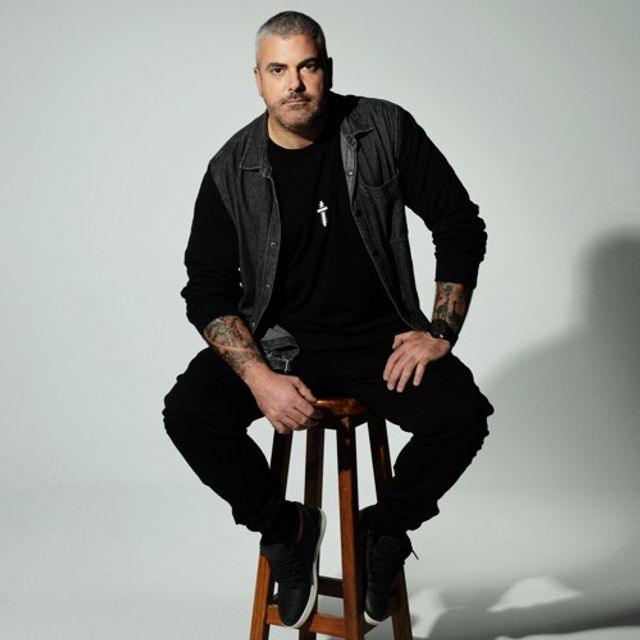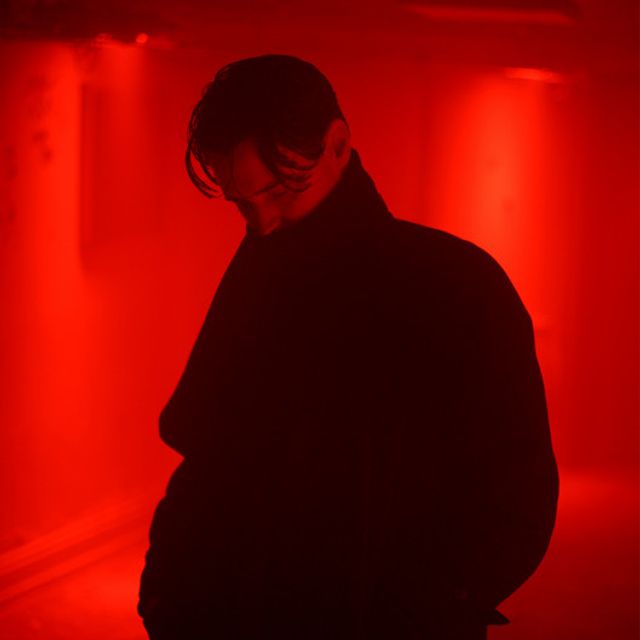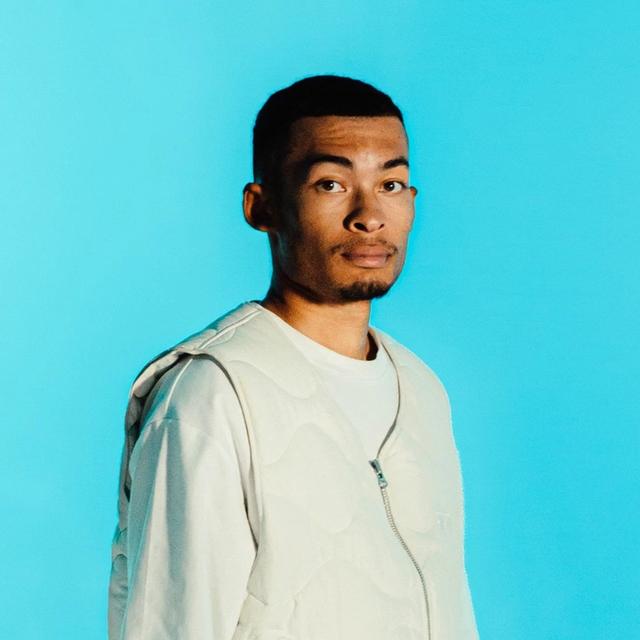Artist Spotlight
Mochakk’s charisma is a cut above the rest. In a word, it’s viral.
The Brazilian artist, whose real name is Pedro Maia, has achieved meteoric success on TikTok through clips of his captivating live sets. His mixes expose listeners to a boundless universe of genres and styles, and his tracks are supported by the likes of Vintage Culture, Tiësto, Alesso, and Chris Lake.
When describing Maia’s music taste, open minded would be an understatement. Growing up, he increasingly expanded the variety of music he consumed.

“I was a rock kid,” Maia explains. He loved nu-metal bands like Linkin Park, Korn, and System of a Down. “My dad was a big fan of rock music, and he used to show me these bands and all these videos when I was like five or six. I’d ask him to put fake tattoos on me and paint my hair green with a big mohawk.”
It wasn’t just rock, though. Maia’s dad played a crucial role in influencing his music taste, introducing him to a broad spectrum of genres. “He’s a big music nerd. He’s a rock guy, but he’s also a blues guy [and] a jazz guy.”
Maia started playing the guitar when he was six years old. As he got older, his music taste broadened. “My mom was a big [fan of] disco and ‘70s funk and soul… new wave, UK ‘80s pop.” The harmonies and chord progressions in these genres laid the foundation for Maia’s passion for house music.
Hip-hop and skateboarding culture are intrinsically linked, and when Maia began skateboarding, it opened him up to the world of soulful hip-hop and ‘90s rap. Realizing that this music was sample-based led him down a rabbit hole of music discovery. So he went online to learn how to produce. “And then it all began... I started trying to make some beats, and trying to re-make some beats that I liked. Trying to recreate the drum patterns, timbres.”
Brazilian dance music heroes like Vintage Culture, Alok, and Illusionize inspired Maia to produce Brazillian bass. It was a sound that expanded beyond regional trends and made superstars out of its originators, and he argues that these producers each had their unique style and sound.
“The reason I started listening to those guys is because [of] one of my friends. He was already a DJ. He had a party for underage people at my city at a club called Pink Elephant.”
The Pink Elephant was also where Mochakk got his introduction to being behind the decks.
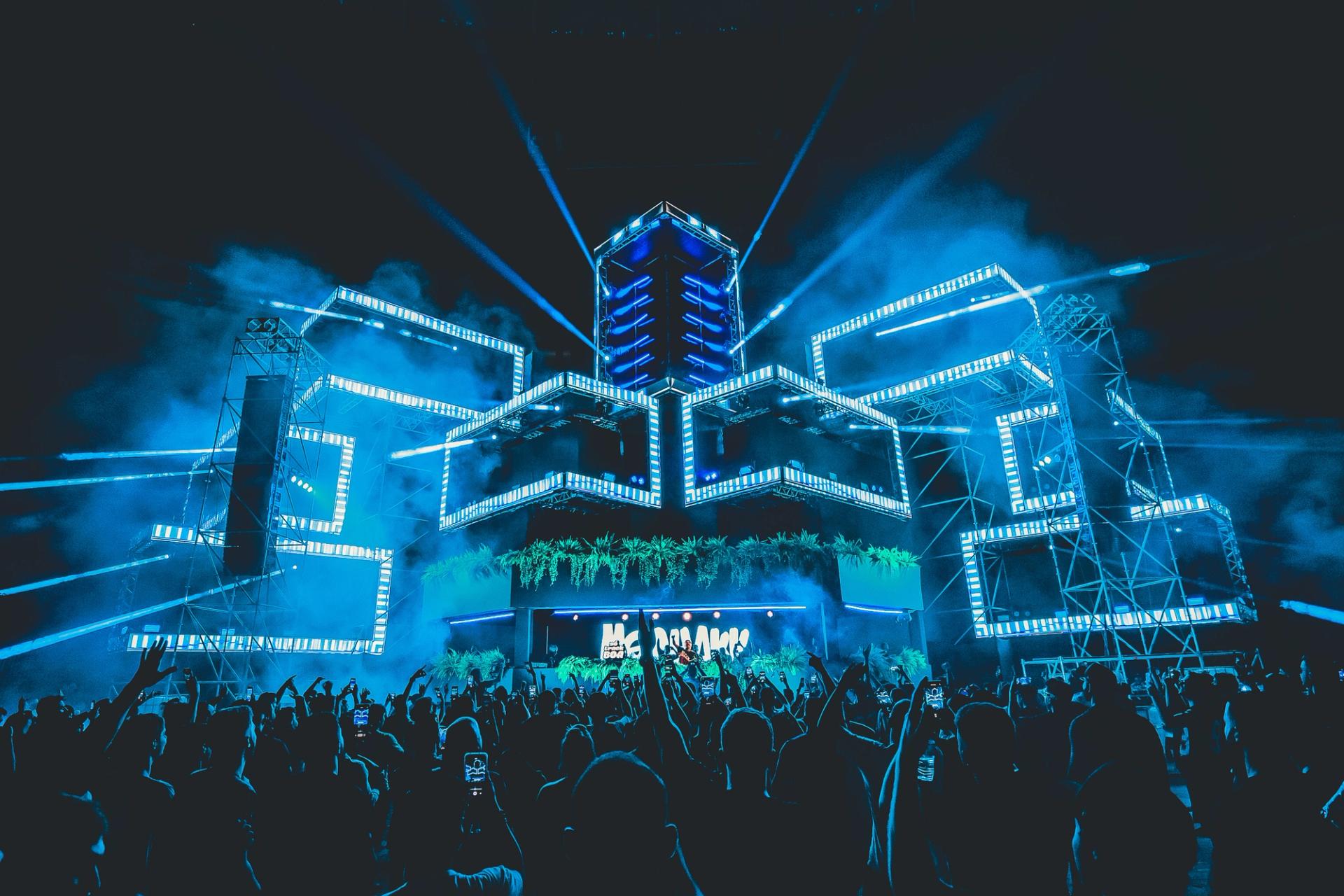
“Every day at school at lunchtime, he would take us to the club so we could practice on the club setup," Maia says. "I would practice there with him all week, so I would be able to play with him at the party on the weekend. That’s when I started playing house music and DJing.” He would play warmup sets at Pink Elephant, welcoming people in with deep and jazzy house tunes.
When he was 17, Maia went to an event that irreversibly ignited his love for dance music. He used a fake ID to sneak into a small outdoor party at a campsite. The pool was covered to form a dancefloor, and the lineup included Kyle Watson, Mala, Justin Martin, and RDT.
“It was a dope lineup, a dope place," Maia says. "That party changed my life. The vibes were insane. People would scream their asses off and dance like crazy.”
Around the same time, his father’s musical influence came back into view. Maia’s dad encouraged him to attend music production school at 18, which was central in exposing him to new music. Maia worked with a funk band, an emo rock artist, and an R&B singer.
“I think the music education came more from my dad, but the taste came more from my mom,” he says. Today, most of the music that Maia listens to, outside of electronic, is ‘70s funk, soul, and disco—the same genres on which his mom brought him up.
For a while, Maia primarily focused on a career in fashion and produced music in his free time. However, when he released “Dong” in 2018, Maia started getting requests to DJ across Brazil.
“I started to lose the Friday classes, and I started to not be able to execute that well in fashion school,” he says. Realizing that he didn’t want to give up on music, Maia decided to quit fashion school and pursue music as a full-time career. “I think it was the best decision I ever made.”
While he began to achieve success, he still struggled with seeing music in a modular way and falling into the dangerous trap of comparison. “That’s really frustrating and anxiety-driving as well. That can lead you to many [negative] thoughts.”
Maia sees this as unavoidable and perpetual, so his solution is to focus on his achievements and improvements. “What keeps me from getting boggled too much is looking back and listening to my old tracks, knowing that I’ve evolved and that the quality is much better now. You’re always getting better.”
Maia is arguably the first DJ and producer to achieve dramatic success on TikTok. His first post, which captured a snippet of one of his charismatic live sets, went viral and now has over 10 million views.
“I didn’t have the intention to make it happen that way! I posted that video because I saw a John Summit tweet," he says. "John Summit tweeted, ‘If you’re an aspiring DJ and you’re not on TikTok you’re wasting your time, because it’s the only platform that permits you to go viral without having a previous following.’” Following Summit’s advice proved to be astronomically beneficial for Maia’s career.
“I had 180 followers on TikTok the moment I posted it… I went for lunch, and then when I got back from lunch, it was 130,000 views. I was like, ‘What the hell is happening here?!’”
Part of the video's magic is that it’s natural and unrehearsed. “I’ve always played like that, and I’ve made videos like that before,” Maia says. He used to breakdance and is well versed in synching his dance moves to small, almost imperceptible elements of tracks.
Another core tenet of breakdancing is bravado and confidence, both traits that he expresses in his performance style. “I’m not a confident guy when it comes to other stuff at all. But when it comes to showing music to people, I’ve always been really excited about it. The excitement makes me seem like I’m a really confident guy!”
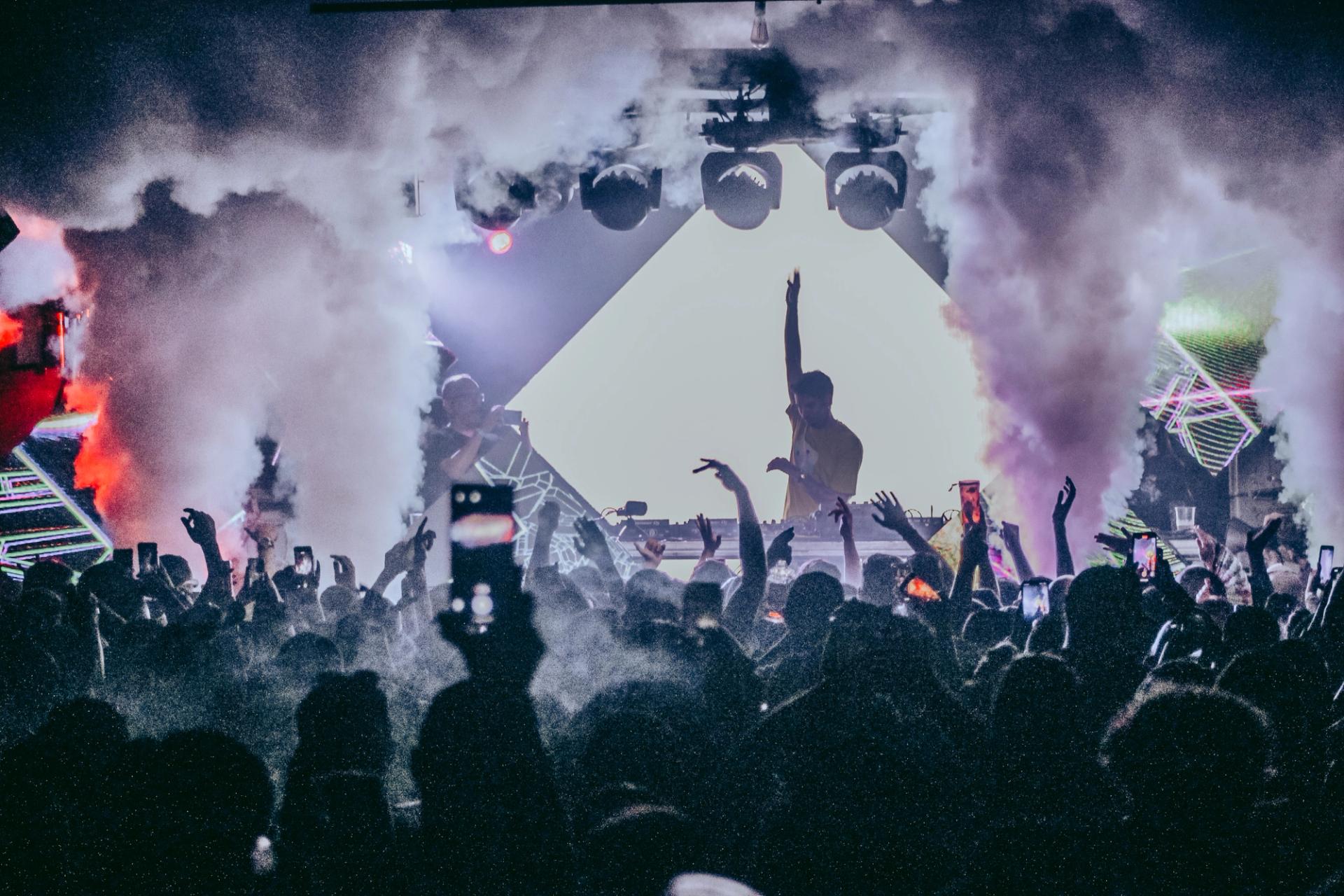
Maia loves the music he listens to and wants to share that love with others. He feels that dancing helps to bring expression and life to music, which works exceptionally well in engaging audiences with genres that they’ve never listened to or usually avoid.
His career aspirations may be surprising, given his viral success. “I don’t think I want to be a huge-ass, giant, Ultra pop star DJ," Maia says. "I don’t think that’s my goal. I want to play in venues that I think are cool and artsy, have a good concept behind [them], and show people good music.”
Maia hopes to grow a unique community that avoids trends and prioritizes inclusivity. He wants to create a space for events that allow for the kind of musical exploration that has made him such a diverse and intriguing artist. Whether it's a multi-room, multi-genre house music festival or a 2000-person ‘70s boogie party in Sao Paolo, nothing is off the table.
Maia’s dedication to his craft is uncompromising and admirable. “If I earn enough money to pay my house bills, keep on DJing, and keep on working on music, then that’s fine," he says. "I don’t want to be a super-giant billionaire playing in Kanye West’s house, I don’t need that! I’m okay playing in venues that I think are cool.”
